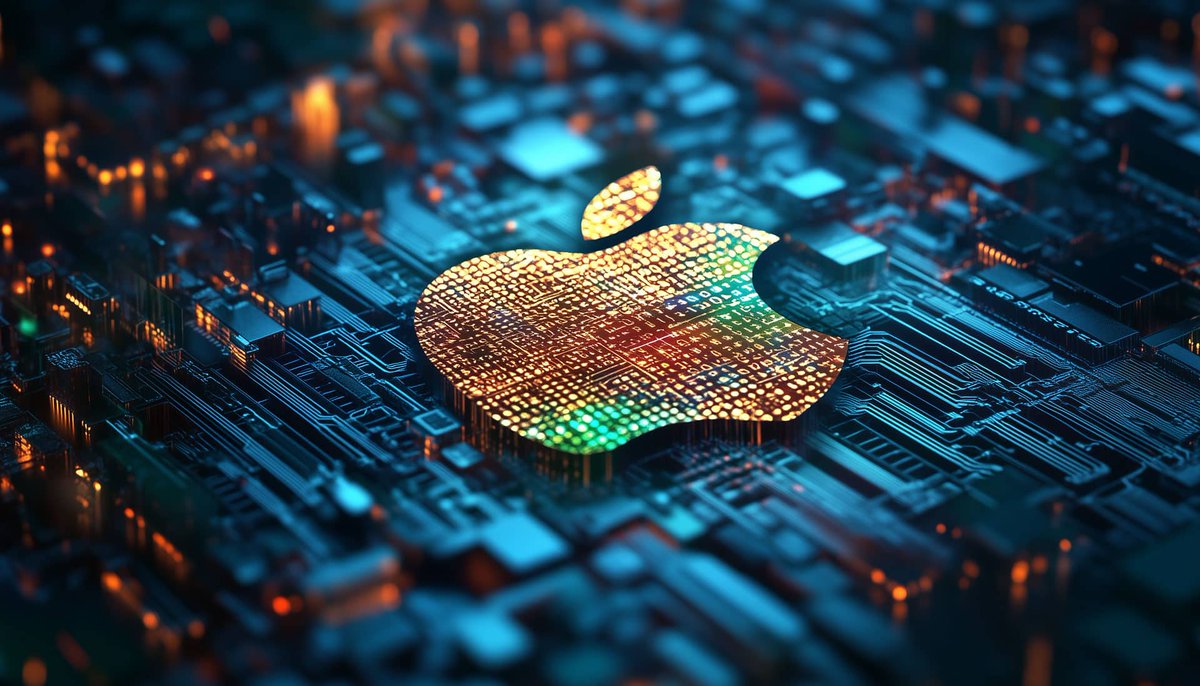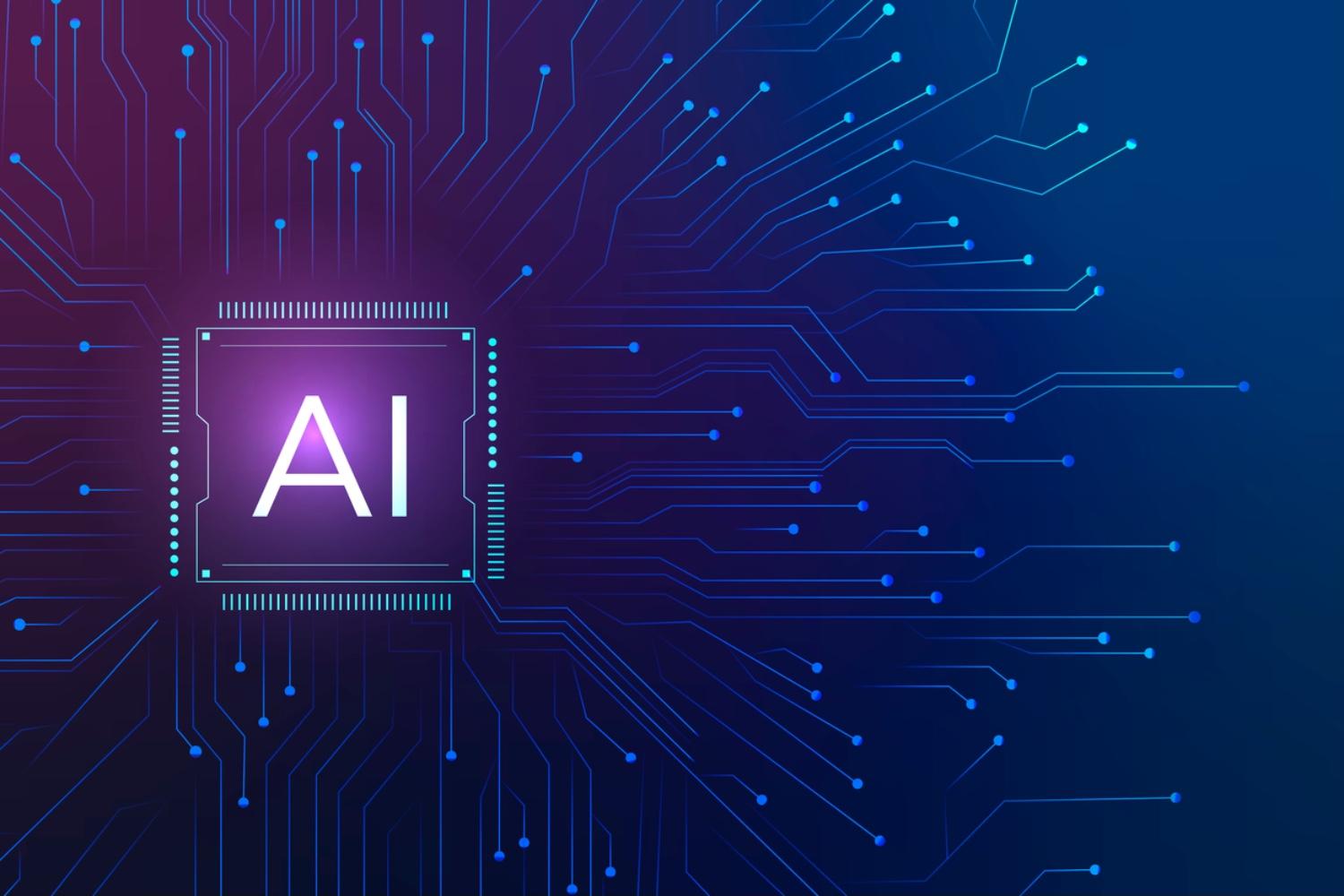According to fresh clickstream statistics from Datos and SparkToro, traditional search engines continue to dominate, with usage remaining stable at 95%, despite the fact that more than one in five Americans now heavily use AI technologies.
Based on the figures:
AI tools: ChatGPT, Claude, Gemini, Copilot, Perplexity, and Deepseek are used by 21% of American users at least ten times a month. Between 2023 and 2025, the overall adoption rate increased from 8% to 38%.
87% of Americans are regarded as heavy Google users, up from 84% in 2023, and 95% of Americans still use Google, Bing, Yahoo, or DuckDuckGo on a weekly basis.
Growth trends: The use of AI is decreasing. No month since September 2024 has exhibited growth more than 1.1x. On the other hand, the number of searches per user has somewhat grown during the past year.
The broad picture: The data appears to support the idea that AI will replace Google, notwithstanding the excitement around this claim. According to SparkToro, people’s Google searches increase when they use AI tools.
This is consistent with a research by Semrush that showed ChatGPT users search more, not less.
Indeed, but. Do any genuinely “traditional search engines” still exist? Since AI is now integrated into all search engines, discussing “traditional search engines” in contrast to the “AI tools” discussed below becomes a little confusing:
Gemini is Google’s AI tool. Google is a traditional search engine (or, perhaps more appropriately, an AI search engine) with a legacy search experience that is obviously heading toward AI Overviews and AI Mode. Additionally, ChatGPT uses Google’s conventional search data.
DuckDuckGo’s results are fed by the conventional search engine Bing, which also has its own AI tool called Copilot and is OpenAI’s partner for ChatGPT Search.
Why we are concerned. This data demonstrates once more that the issue is not AI vs search, but rather AI plus search. Heavy AI users are also heavy searches, indicating Google traffic decreases are more about zero-click answers than AI cannibalization.




